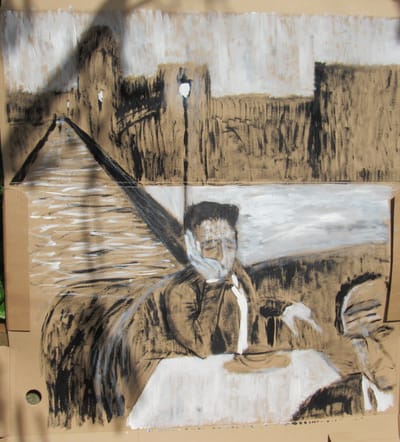Articles #Descartes
The core idea is that concepts have a special feature. One thing can be truly conceived in a variety of ways, even when the different ways of being conceived involve partially or wholly distinct contents. To take a familiar example, suppose being physical and being mental are two different natures or fundamental ways of being a thing. Descartes thought these two kinds of natures are so different that they are incompatible: if something is physical, it can’t be mental, and vice versa. Spinoza argues that if being physical and being mental are just two different ways of conceiving one and the same thing, then a spatially extended thing could also be thinking. Continuing the End Times series, Richard Marshall interviews Sam Newlands
Read MoreThe “curious tension” you refer to arises from Descartes’s saying that this “me” is essentially incorporeal – a pure “thinking thing”, and his also saying that I am intimately united with my body. On the one hand Descartes wants to say that the immaterial mind is something complete and independent in its own right. This is what we have come to call ‘Cartesian dualism’. But on the other hand he wants to preserve the (traditional scholastic) idea that it is genuinely and substantially united to the body – that we are not incorporeal angelic spirits inhabiting mechanical bodies, but genuine human beings of flesh and blood. Continuing the End Times series, Richard Marshall interviews John Cottingham
Read MoreInnocent Cartesianism is an extract or residue from unreconstructed Cartesianism that is defensible in terms provided by analytic philosophy as we have it today. An important strand of it can be put by saying that while natural science is capable of objective truth in its domain, it’s not a theory of everything. There are more forms of systematic and correct understanding than are provided by natural science. Brain science doesn’t tell us everything about the mind; Darwinism doesn’t tell us everything about the place of human beings in nature or their motivation; there are further authoritative forms of understanding, including mathematics, philosophy, and ethics.Continuing the End Times series, Richard Marshall interviews Tom Sorell.
Read More

